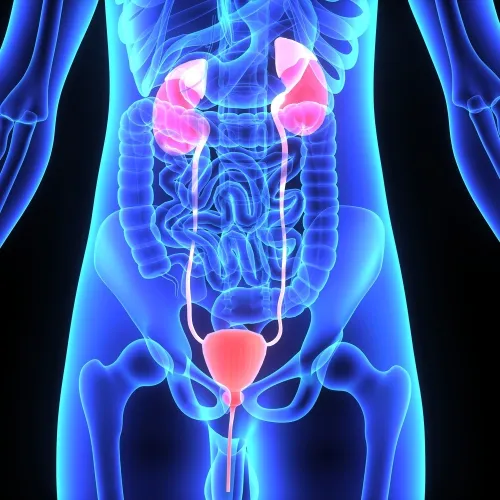Urology Coding Alert
Compliance:
Steer Clear of Gray Areas That Could Lead to MIPS Mishaps
Published on Tue May 21, 2019

You’ve reached your limit of free articles. Already a subscriber? Log in.
Not a subscriber? Subscribe today to continue reading this article. Plus, you’ll get:
- Simple explanations of current healthcare regulations and payer programs
- Real-world reporting scenarios solved by our expert coders
- Industry news, such as MAC and RAC activities, the OIG Work Plan, and CERT reports
- Instant access to every article ever published in Revenue Cycle Insider
- 6 annual AAPC-approved CEUs
- The latest updates for CPT®, ICD-10-CM, HCPCS Level II, NCCI edits, modifiers, compliance, technology, practice management, and more
Related Articles
Other Articles in this issue of
Urology Coding Alert
- Procedure Focus:
Coding for Penile Prosthesis Centers on Components
Don’t miss your chance for extra reimbursement if complications arise. When the urologist sees a [...] - E/M Coding:
Take Time to Refresh Your Time-based Coding Tactics
Follow these 4 tips for better success. Every coder has worked with providers who believe [...] - Compliance:
Steer Clear of Gray Areas That Could Lead to MIPS Mishaps
Don’t fall victim to these potentially risky actions. Merit-Based Incentive Payment System (MIPS) measures that [...] - You Be the Coder:
Coding for Cystoscopy with Stent Removal
Question: The urologist began a percutaneous nephrostomy to look for a stone. He did not [...] - Reader Question:
Steer Clear of Reporting 51700 With 52649
Question: Can we bill for 51700 if it was completed during the global period following [...] - Reader Question:
Complicated Catheter Insertion Could Lead to 51703
Question: I’m confused about whether to report a procedure as a complicated catheter change. Our [...] - Reader Question:
Submit 50949 for Robotic-assisted Laparoscopic Stricture Repair
Question: The urologist completed a robotic-assisted laparoscopic ureteroileal re-implantation for repair of an ileal ureteral [...] - Reader Question:
Get Clear Documentation Before Assigning Cancer Diagnosis
Question: One of our physicians saw a Medicare patient and on examination suspects that he [...]
View All




